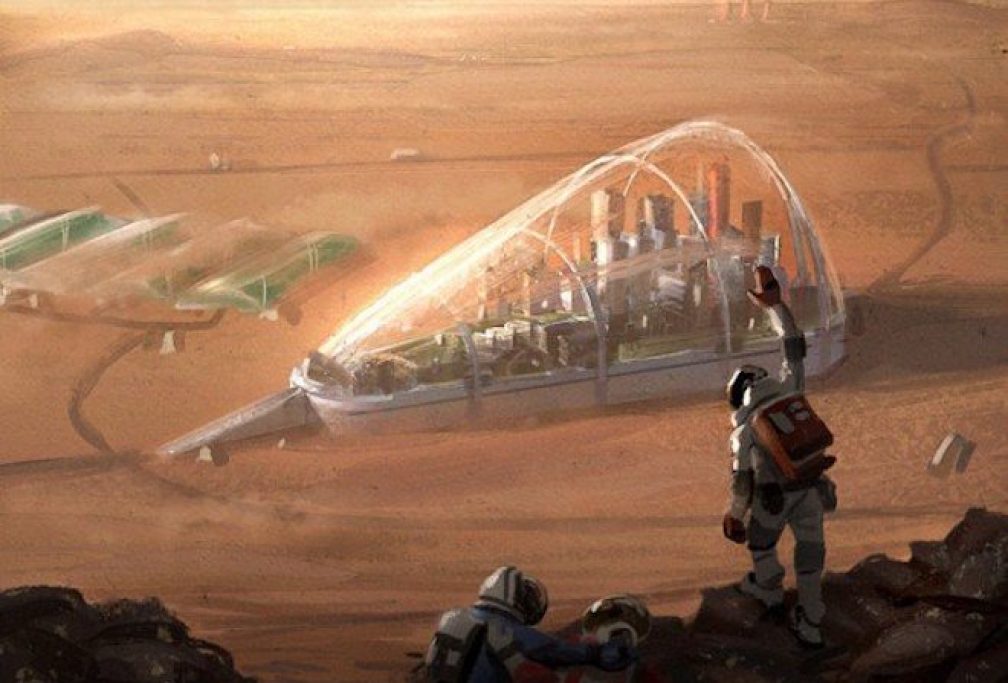Russia has made a surprising offer to billionaire entrepreneur Elon Musk—a small nuclear power plant to support his Mars mission. This unexpected proposal was made by Kirill Dmitriev, the head of the Russian Direct Investment Fund (RDIF), during the Arctic Forum in Murmansk on March 27.
Russia’s Nuclear Power Proposal for Mars
According to Dmitriev, Russia’s advanced nuclear technology could provide a reliable energy source for SpaceX’s Mars exploration efforts.
Dmitriev, who has been closely involved in Russia’s negotiations with the U.S. regarding the Ukraine war, emphasized that Moscow has valuable technological capabilities that could benefit deep-space missions. He called Musk a “great visionary” and suggested that Russia could offer not only nuclear power but also other advanced space technologies.
A nuclear power plant on Mars could solve one of the biggest challenges of space colonization—energy supply. Traditional solar panels, which rely on sunlight, can be unreliable due to Mars’ frequent and long-lasting dust storms. A small nuclear reactor could provide continuous and stable energy, making it a better alternative for a long-term Mars base. Such a power source would be critical for running life-support systems, scientific research labs, communication networks, and fuel production units for return missions.
Russia’s Push for Space Cooperation
Dmitriev also stated that Russia is eager to collaborate with SpaceX to enhance its space and nuclear programs. On March 18, he told Russian media that he expects Russia to hold discussions with Musk soon. The proposed talks could involve Roscosmos, Russia’s space agency, and Rosatom, the state-run nuclear energy company.
This proposal comes amid renewed diplomatic engagement between Russia and the United States, particularly following efforts led by former President Donald Trump to improve relations. Despite the ongoing war in Ukraine and strained diplomatic ties, space exploration remains one of the few areas of active U.S.-Russia cooperation.
Russia has a strong background in nuclear technology and has developed small, compact nuclear reactors that could be adapted for space missions. If Russia and SpaceX agree to collaborate, it could mark a major shift in global space partnerships, showing that even geopolitical rivals can work together on technological advancements.
Historically, Russia and the U.S. have worked together in space, including joint missions to the International Space Station (ISS). While most economic and technological ties between the two nations have been cut off due to political conflicts, the space sector has remained one of the few areas of mutual interest.
Musk’s Mars Vision and the Role of Nuclear Power
Elon Musk, the CEO of SpaceX, has long envisioned human settlement on Mars. He has suggested that the first crewed mission to Mars could happen as early as 2029, though 2031 is considered a more realistic timeframe. To make this possible, SpaceX is developing Starship, a fully reusable rocket designed to transport humans and cargo to Mars.
One of the biggest challenges for a sustainable Mars colony is energy production. While solar panels are currently the most common source of power for space missions, they have limitations. Mars experiences massive dust storms that can block sunlight for weeks or even months, making solar energy unreliable for long-term operations.
A nuclear reactor, on the other hand, could provide uninterrupted power regardless of weather conditions. This would ensure that astronauts have consistent energy for growing food, producing oxygen, and maintaining shelter. Nuclear energy could also help produce rocket fuel for return trips by converting Martian water into hydrogen and oxygen.
If Musk and Russia move forward with negotiations, it could mark a historic moment in space exploration. Although it remains uncertain whether Musk or SpaceX will accept Russia’s proposal, the increasing interest in nuclear power for deep-space missions suggests that Mars colonization may rely heavily on such technology.
As space agencies and private companies push for interplanetary travel, nuclear energy is emerging as a key factor in making Mars colonization a real possibility.




